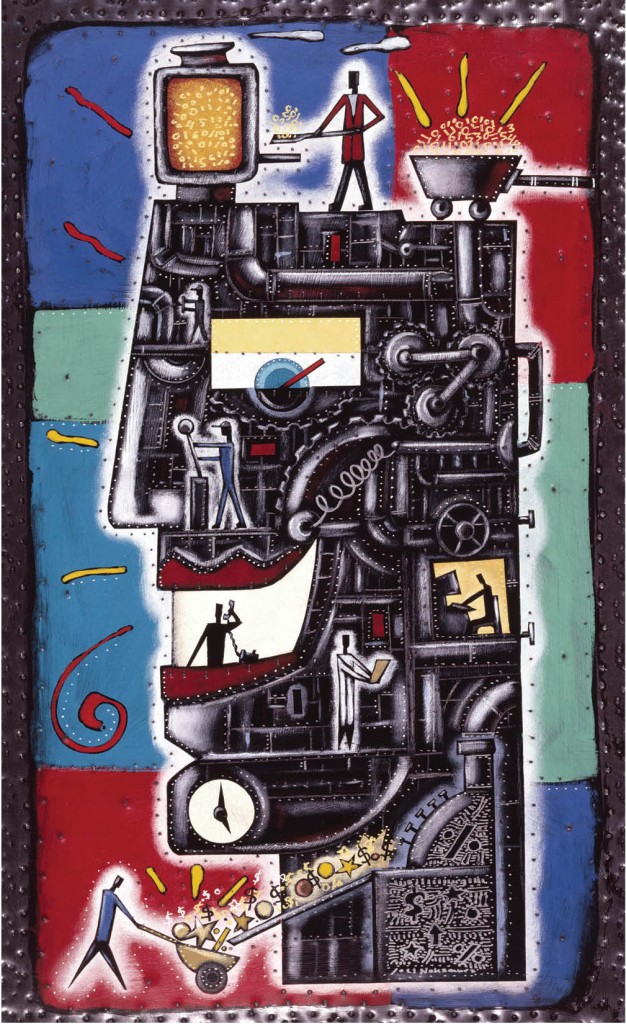
Earnings Quadruple for Commercialized Technology
During the past three years, Vanderbilt more than quadrupled its earnings from technology commercialization efforts to more than $24.5 million in the fiscal year that ended June 30.
The growth put Vanderbilt in a select group last year: Only about one-fifth of research universities reported an increase in invention disclosures.
Several major licensing agreements boosted earnings, including a license with Bristol-Myers Squibb to develop potential new drugs for Parkinson’s disease, another with AstraZeneca to develop potential new drugs for schizophrenia and Alzheimer’s disease, and one with Parker Hannifin Corp. to commercialize a lightweight mechanical exoskeleton technology.
In an era of restrictive government spending on research, the increase underscores the fact that faculty members are working with the Vanderbilt Center for Technology Transfer and Commercialization (CTTC) to get their ideas to market. Two key metrics—the number of invention disclosures and licenses executed—illustrate CTTC’s growth. The center executed 82 licensing transactions last year, a 60 percent increase compared to the average for the previous three years.
While it will be difficult to approach this level of financial success every year, Alan Bentley, assistant vice chancellor for technology transfer and enterprise development, says he sees some positive indicators of improved commercial effort. “The real significance lies in the formation of strategic partnerships with world leaders in the biopharmaceutical and engineering industries,” he says.
Not all of these deals will pan out, and it generally takes a decade before income is generated through royalties. But, says Bentley, “transactions now set the table for long-term financial health.”